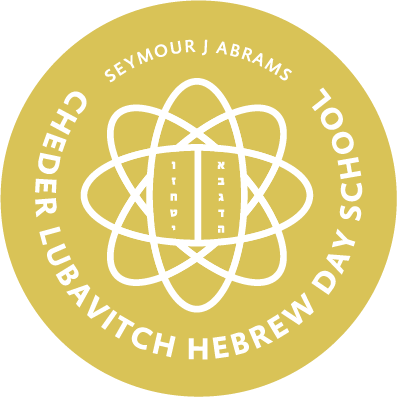| One of the most important mitzvahs in all of Judaism is introduced in this week's Torah portion: "Love your fellow as yourself." In fact, this mitzvah is so central to Judaism that the great Rabbi Akiva referred to it as "the greatest principle of the Torah." It's easy to see how mitzvahs that guide us in our relationship with our fellow humans are dependent on the principle of mutual love. But what about the mitzvahs that are about our relationship with G-d, such as keeping kosher, Shabbat, daily prayers, and so on? The explanation is that when we put ourselves in a frame of mind that we are all equal before G-d, that enables us to prosper in all areas of Torah and Judaism. When we recognize that, when we are able to set our differences aside and instead focus on how we are all really part of a single "body" of Jews, that helps us grow our relationship with G-d. That's why Jewish unity is so central to Judaism. It's not just that we're there for each other, but by standing united with one another, we include G-d in this relationship too, ensuring that the Jewish nation will continue to thrive and prosper despite those who wish us harm. May we merit to experience the ultimate Jewish unity, which we will see in its most perfected form with the coming of Moshiach, may it be very soon! Shabbat shalom, | 

No comments:
Post a Comment